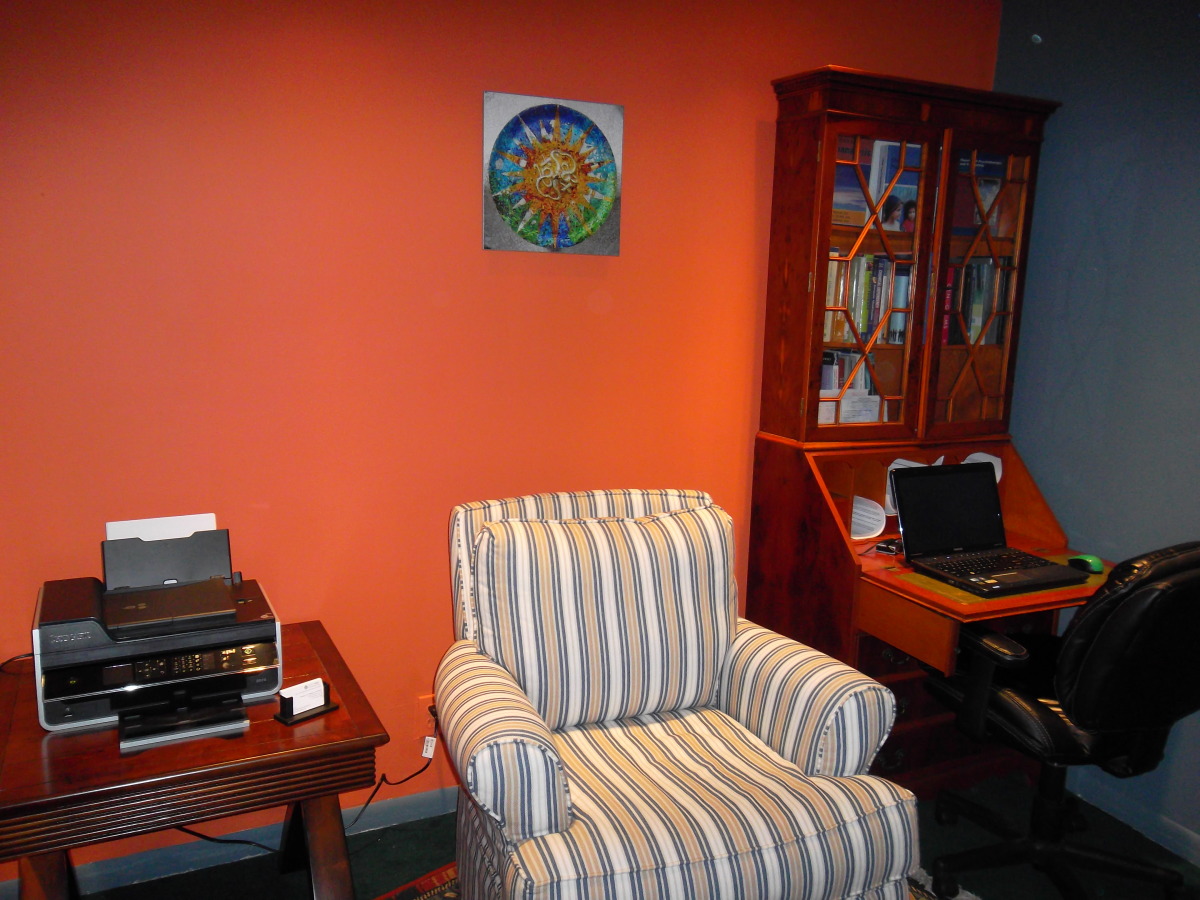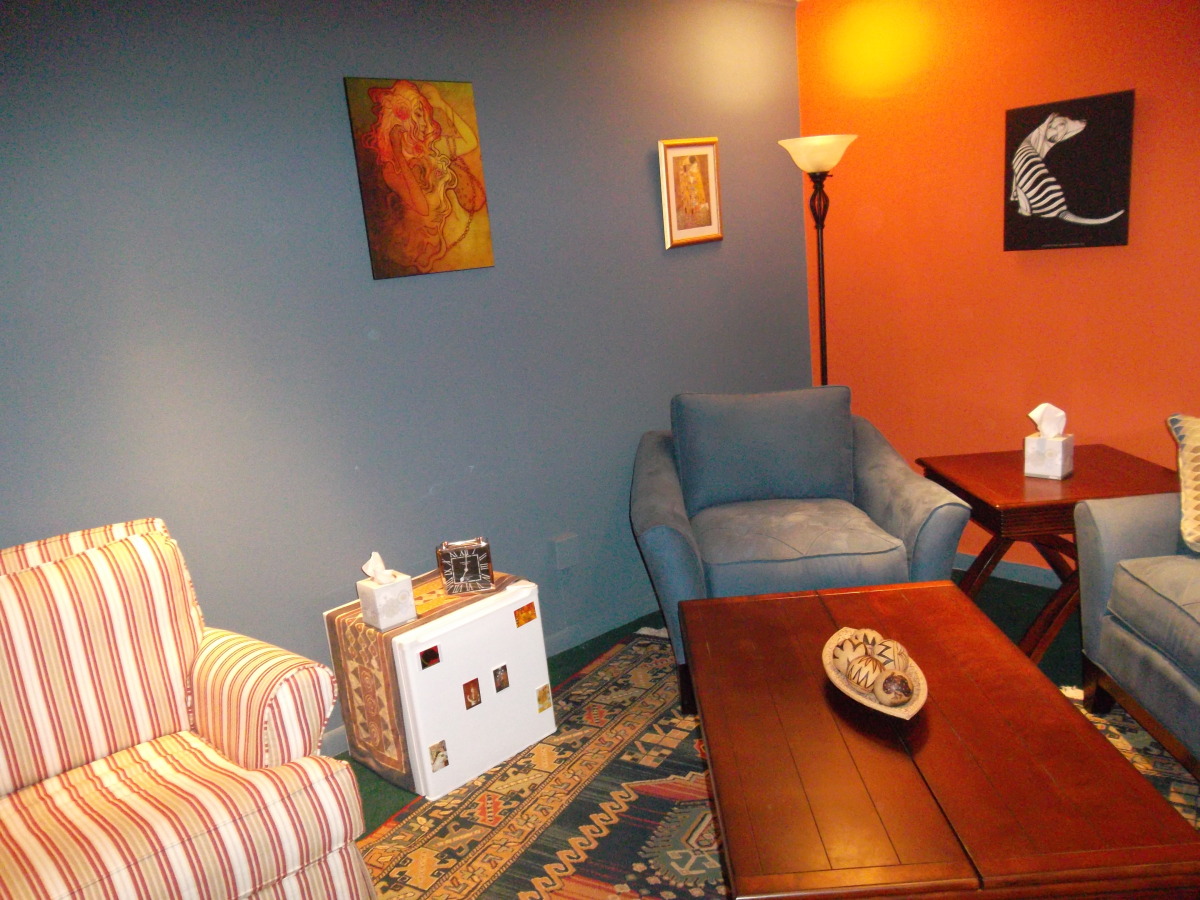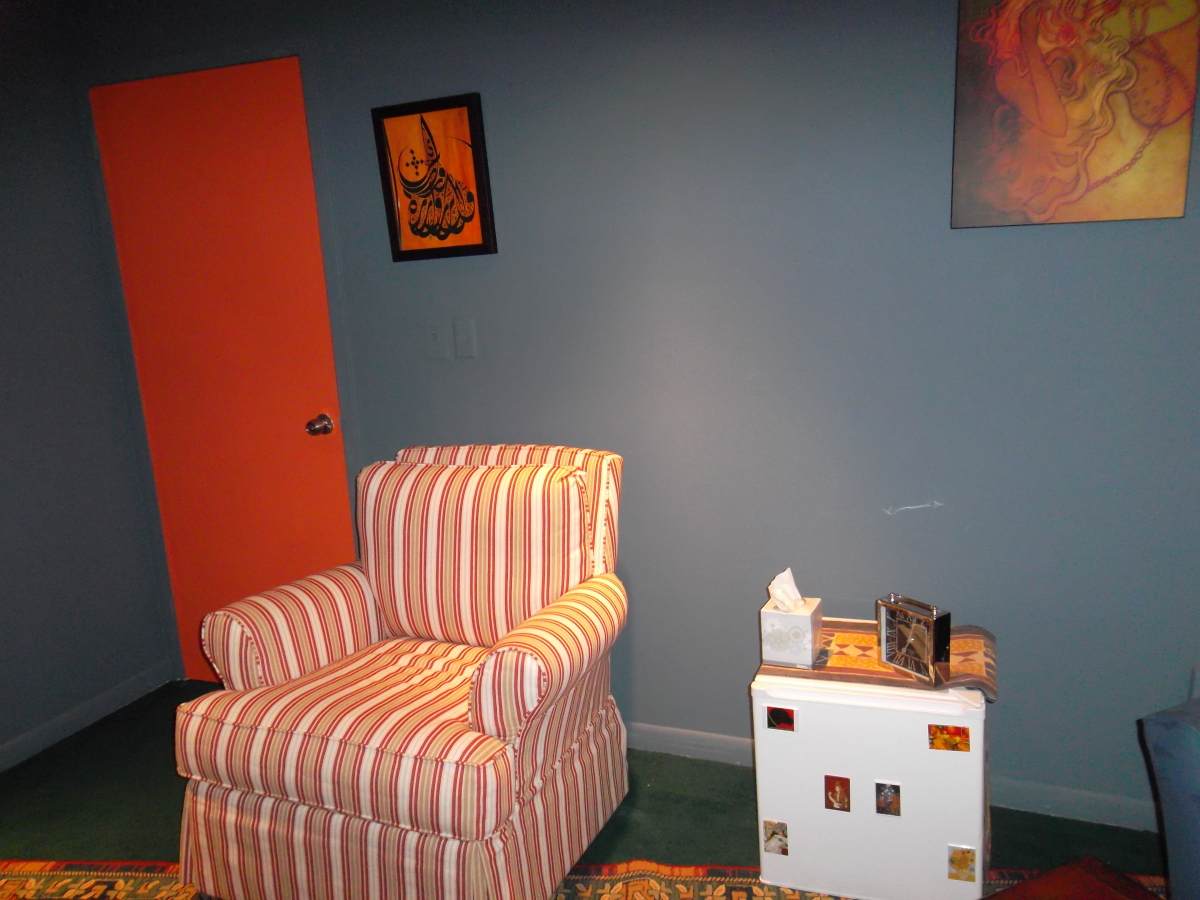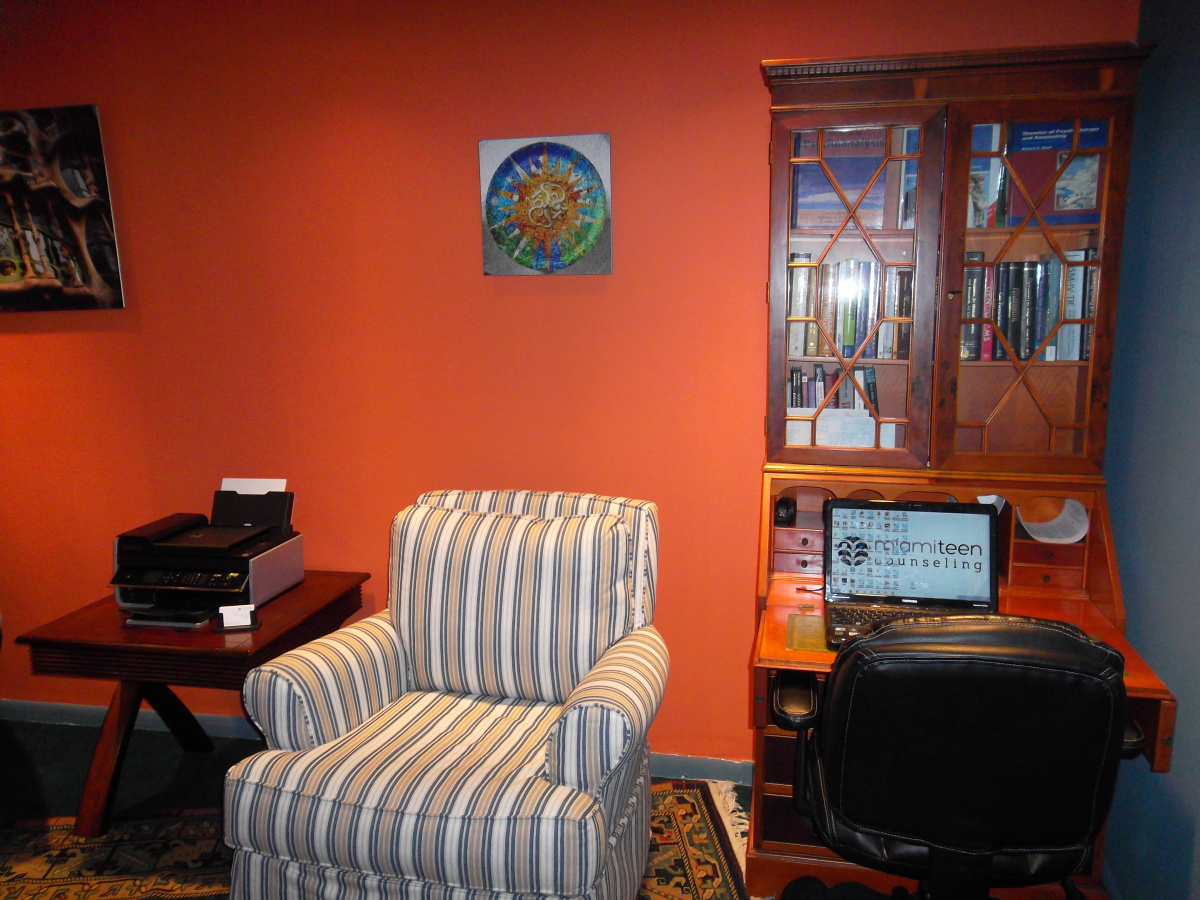3 Common Ways Teenagers Respond To Counseling
/In my experience as a therapist who works almost exclusively with teenagers I have noticed that teenagers' reactions to therapy fall into three main groups. Each one comes with its own challenges, both for the parents and for the teenagers themselves. Parents can be more able to continue with the hard work of bringing their teenagers to therapy if they remember that certain challenges were predicted. This helps the parents tolerate the difficult position of not knowing a lot about what is discussed in therapy and what happens in therapy. When parents have difficulty tolerating being in the dark they can be at risk for prematurely stopping the treatment of their teenagers and thus the teenagers is deprived of a healthy and potentially life changing experience.
I explain these different reactions to the parents of the teenagers that come to see me because I feel that it is important to know what the future terrain of therapy could be as a way to prepare and protect against its pitfalls. So, below I describe the three most common reactions to therapy that I have observed in the hopes that it will be helpful to the parents who have their teenagers in therapy.
1. I'm finally in therapy!
Some teenagers really get it. They just need the environment that therapy provides to start doing the hard work of understanding themselves. They tend to be sensitive, intelligent and motivated teenagers who intuitively understand the value of talking about their emotional lives. This reaction, for parents, can also be a relief and they can see that their teenager's symptoms steadily decrease with time.
The pitfall of this reaction from the parents point of view is that once they see that their teenagers' negative symptoms have decreased they can react by assuming that therapy is finished, was successful and pull the teenagers out. Pulling teenagers out of therapy before they feel that they have finished can stunt the long term benefits of therapy and the return of negative symptoms have a higher chance of returning.
I advise parents with teenagers who are reacting to therapy in this way to take their teenager's lead when it comes to making the decision of terminating therapy. This can allow the full course of therapy to make the long term changes in the teenager that everyone wants to see.
2. This does nothing...
For teenagers that are not very psychologically minded, therapy can feel very pointless. These are the teenagers who would rather not talk about their emotional lives because they do not have the intuitive understanding of how that is helpful. They may also see it has rehashing the past and experiencing emotional pain for no reason. With this view of emotions it makes sense that teenagers like this would avoid emotional content at all costs.
In the meantime, the teenager's symptoms usually do not improve and they tell their parents that the process is not helpful. Helping these teenagers to understand the value of talking about and understanding their emotional lives is challenging and it can make therapy take longer than usual. This reaction to therapy can be difficult for parents because they can feel as if their investment in time and money is going to waste.
If therapy ends prematurely it will be another experience for the teen where they were not able to gain any deeper understanding of themselves and thus continue unchanged. However, if parents are able to hang tough through this phase of therapy these teenagers can begin to understand how therapy helps and experience significant improvement.
3. I hate this!
Sensitive teenagers who have deep-seeded pain can have a very strong and negative initial reaction to therapy. These teenagers tend to present themselves as unfeeling and uncaring. In reality they are trying desperately to avoid painful emotions that feel totally overwhelming and maybe even dangerous to them. The inner conflict comes to life in the therapy environment where they rage against their feelings and try to shut the whole process of therapy down because they are scared.
Teenagers like this are perhaps the hardest for parents to support through therapy because of the active attempts to sabotage the therapy. Teenager may refuse to speak in session, try to get me angry at them so I will kick them out of therapy, intensify their negative behavior, or resist and defy the parent's attempts to bring them to sessions.
Teenagers who respond to therapy in this way require a lot of persistence and patience. If these teenagers see a crack in the parents' resolve they will double down and try to destroy therapy so that the parents will give up and pull them out.
If parents can stay strong through the storm and continue to insist that the teenagers attend their regular appointments, teenagers can learn that their emotions are indeed manageable and a new healthier way of seeing themselves and dealing with emotions can emerge.
No matter the style of reaction that a teenagers exhibits there is a risk that the teenager's behavior and symptoms will temporarily worsen. This happens when teenagers begin to realize the depth of their emotional pain and attempt to use their familiar ways of dealing with it, just more intensely. This is, ironically, a good sign that therapy is working.
Teenagers need to learn that what they have been doing to try to help themselves feel better is not working for them anymore and this is a bitter pill to swallow but a necessary one. The more parents understand this the more they can avoid pulling their teenagers out of therapy in this important but sensitive time in the therapy process.
Please Share!
By Miguel Brown
If you are interested in starting Counseling for your teenager, please fill out our form for a Free Consultation. Free consultation are based availability. If there are not free consultations available we are happy to reduce our rates for your initial visit.









